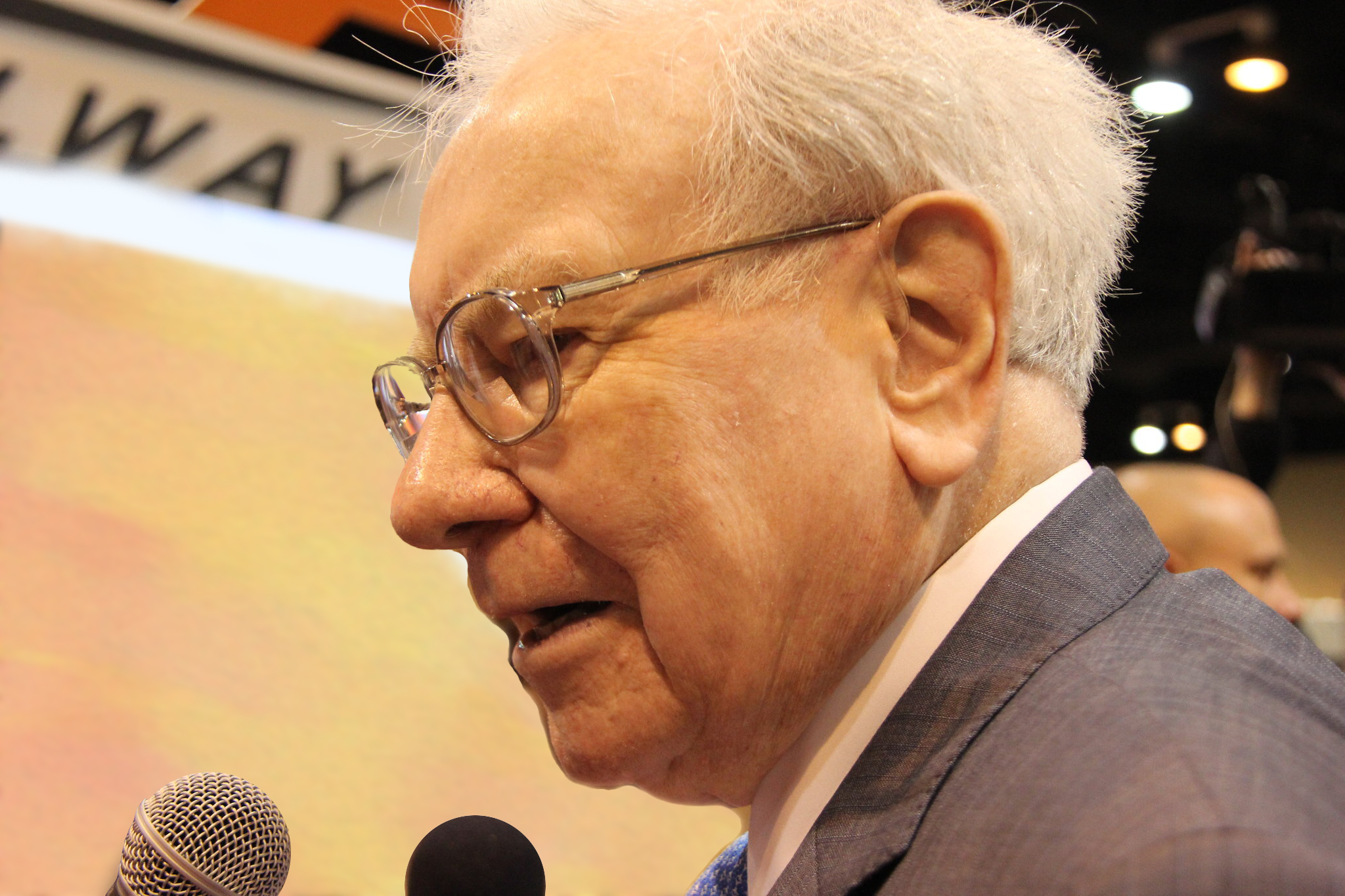Are you saving enough for retirement? Most people think they aren't. And most people are probably right -- they're not saving enough to fund the retirement lifestyle they want. Numbers dug up by the Motley Fool's in-house research arm indicate that as of 2023, the median U.S. retirement account was only worth about $87,000. You'll certainly want more than that when you start your golden years. For perspective, a survey this year by financial services company Northwestern Mutual found that the average American believes they will need a nest egg of $1.26 million to secure a comfortable retirement.
This only underscores the point: Most people are neither saving and investing enough nor growing their nest eggs fast enough.
The thing is, simply saving more isn't necessarily an option for most people. Life is expensive these days, and after the bills are paid, there may be little left over to sock away in a retirement fund. So if folks are going to reach their retirement goals, they may have to do that by getting better returns out of the money they're able to save and invest.
With that as the backdrop, here are three growth stocks with real staying power that you can buy and hold for decades that should produce strong returns at relatively modest risk.
Microsoft
There's no denying that Microsoft's (MSFT +0.77%) highest-growth days are in the rear-view mirror, but it's still a force to be reckoned with. Its revenue growth of nearly 14% so far in its fiscal 2025 (ended in June) is an enviable result, driven by growth in all of its operating units, but led by its cloud computing business.
Synergy Research Group reports Microsoft's cloud business -- centered around its powerful and easy-to-use Azure platform -- continues gaining market share, and in fact is stealing most of it from market leader Amazon.
And according to a forecast from Straits Research, the cloud computing market will continue growing at an average annual clip of nearly 19%.

NASDAQ: MSFT
Key Data Points
The tech giant is no slouch on other fronts. It still controls about half of the personal productivity software market, for instance, while numbers from StatCounter suggest its Windows operating system is still installed on roughly 70% of all laptops and desktop computers.
And this is no insignificant detail.
Companies and consumers alike are content to stick with their familiar Microsoft-made products if only because it's difficult and time consuming to make a major operational switch. There's no reason to believe this is going to change in the near or distant future.
Of course, Microsoft has also figured out how to consistently monetize its presence within the software arena, adapting and evolving as needed. For example, Microsoft Office and its product titles (Word, Excel, PowerPoint, etc.) were once sold on a per-installation basis. Now, cloud-based access to that software is largely rented, bringing in steady income from recurring monthly fees. Its willingness to evolve its business model is a key reason the company has thrived for so long, and is apt to continue doing so.
SoFi Technologies
Speaking of evolution, the banking business is evolving, too. Namely, it's increasingly moving online, and in particular, onto people's smartphones. A poll recently conducted by the American Bankers Association indicates 55% of U.S. consumers prefer to use a mobile app to handle banking matters, while 22% say a computer is their go-to banking tool. Conversely, phone calls, ATMs, and in-branch visits each made up less than 10% of consumers' favorite means of banking. The younger the consumer, the more likely it is that they will choose a digital self-service option.
However, the traditional banking industry isn't necessarily handling this shift as well as online banks built from the ground up to be all digital.

Image source: Getty Images.
That's what the growth of SoFi Technologies (SOFI 1.17%) suggests, anyway. Although its roots are in the student loan refinancing business, when it expanded into a full-service bank that offers everything from checking accounts to consumer loans to credit cards, it outright exploded. Its customer base has grown every single quarter for years now, from less than 1.1 million as of early 2020 to nearly 11 million as of the end of Q1 2025. And on average, those customers are using a growing number of SoFi's services.
This isn't to suggest more traditional banks are incapable of rethinking their business models to meet modern demands. They are. It's simply to point out that in the same sense that younger consumers often want to do things differently than their parents did, they often want to do things differently with different service providers.
This paradigm shift will continue to unfurl as younger consumers grow older and further normalize self-service digital banking.
Berkshire Hathaway
Finally, add Berkshire Hathaway (BRK.A +0.28%) (BRK.B +0.14%) to your list of incredible stocks to buy and hold for decades if you're looking to maximize the growth of your nest egg while also minimizing your risk.
It's a bit of a cheat because it's not a stock pick in the traditional sense. Rather, it's a way of punting the asset-picking duties to Warren Buffett and his lieutenants -- even though Buffett himself will be stepping down from his role as Berkshire's chief and top stock-picking wizard at the end of this year.
Nevertheless, it's still a great lifetime holding for a couple of reasons.

NYSE: BRK.B
Key Data Points
The first is simply that Buffett's market-beating approach to selecting stocks has become part of the company's corporate DNA, and will likely remain Berkshire Hathaway's investing philosophy for decades to come.
The second is that for all the attention Buffett's stock picks get, the conglomerate's stock holdings currently only account for about a third of its total value. Another third is its cash hoard of almost $300 billion. The remaining third reflects the estimated collective value of its array of wholly owned subsidiaries, which includes Geico insurance, railroad outfit BNSF, Dairy Queen, Acme Brick Company, Fruit of the Loom, and Duracell, just to name a few. Even if they're not exciting companies, they're reliable cash cows.
And here's one more detail worth noting: Most mutual funds are required to remain fully invested in a narrowly defined group of securities, even if they would rather hold less. And it's rare for an ordinary fund to hold stakes in companies that aren't publicly traded. Berkshire's sheer flexibility gives it a significant strategic advantage.








